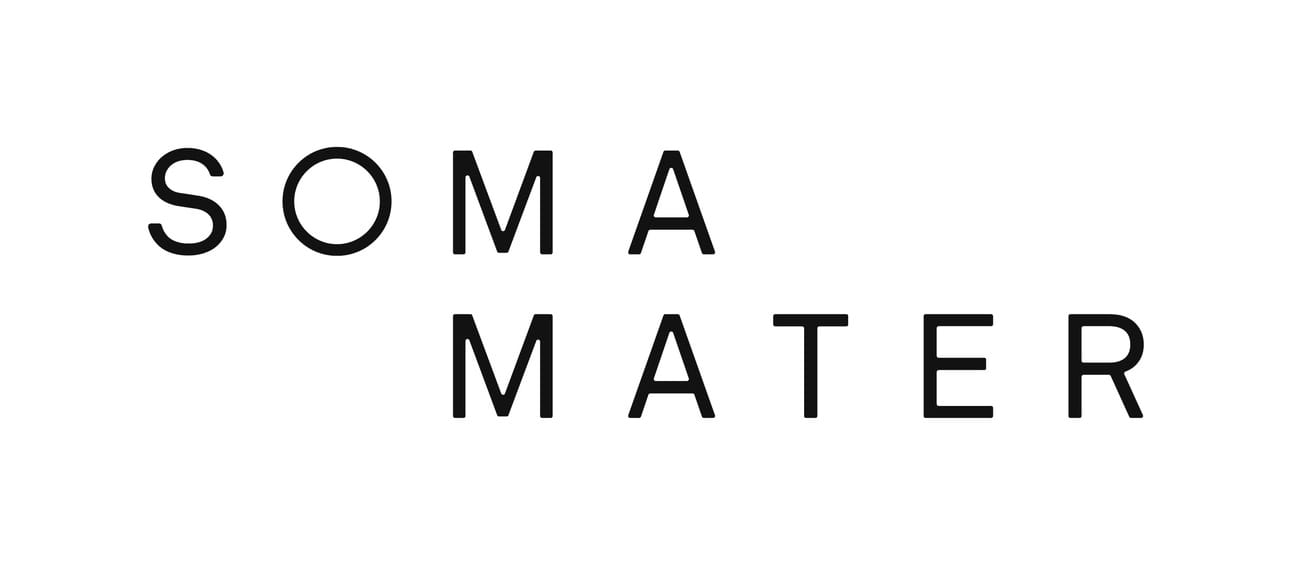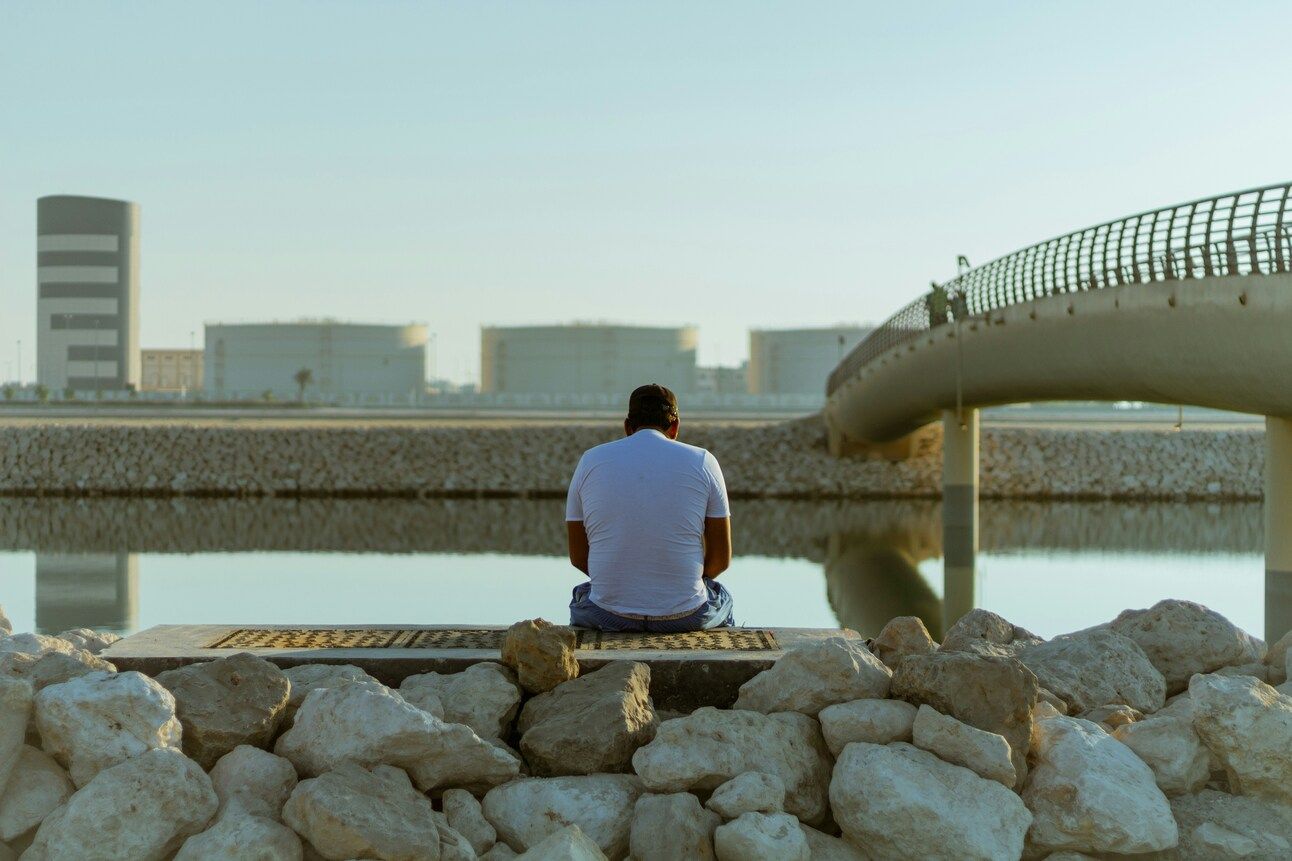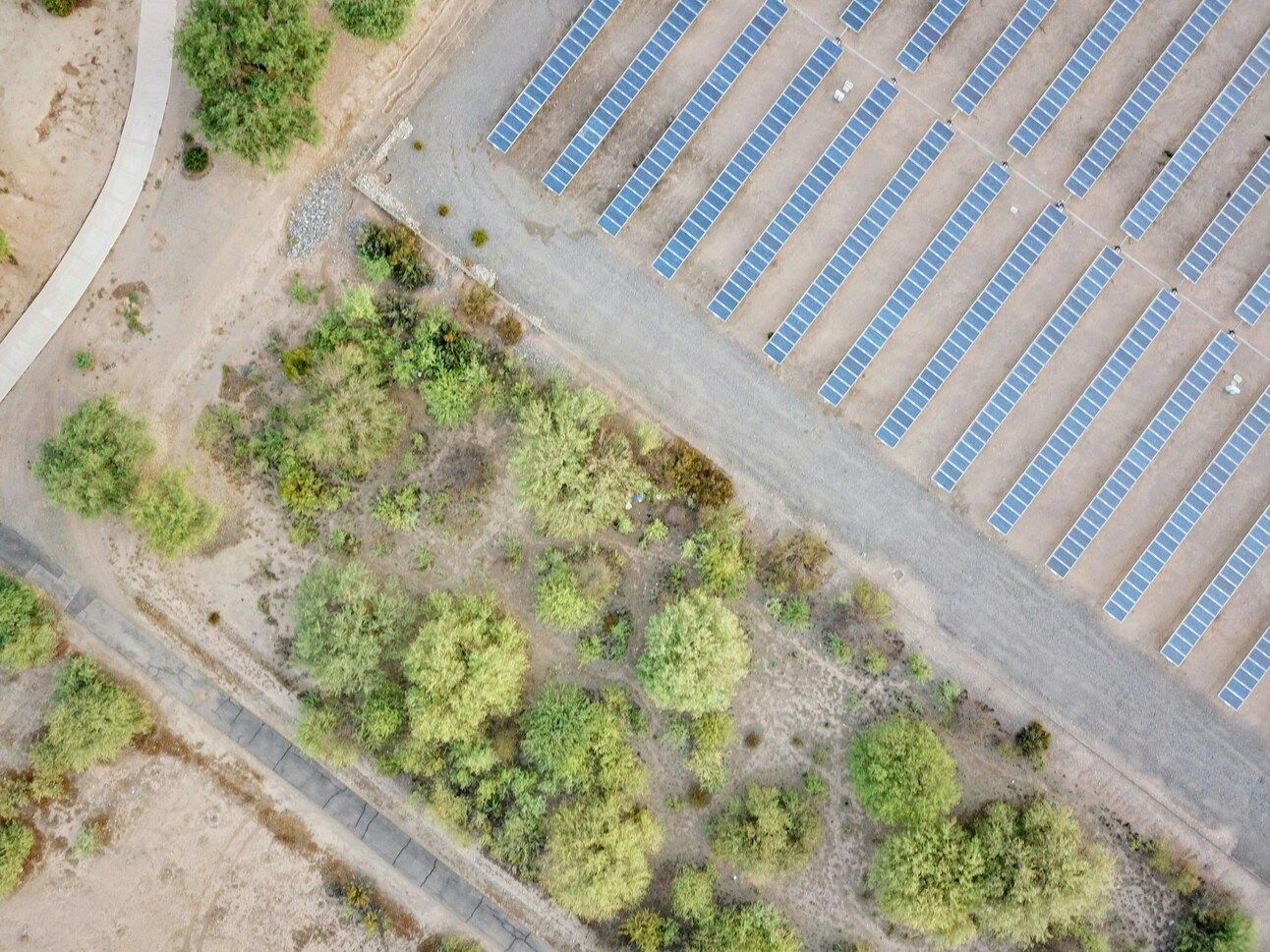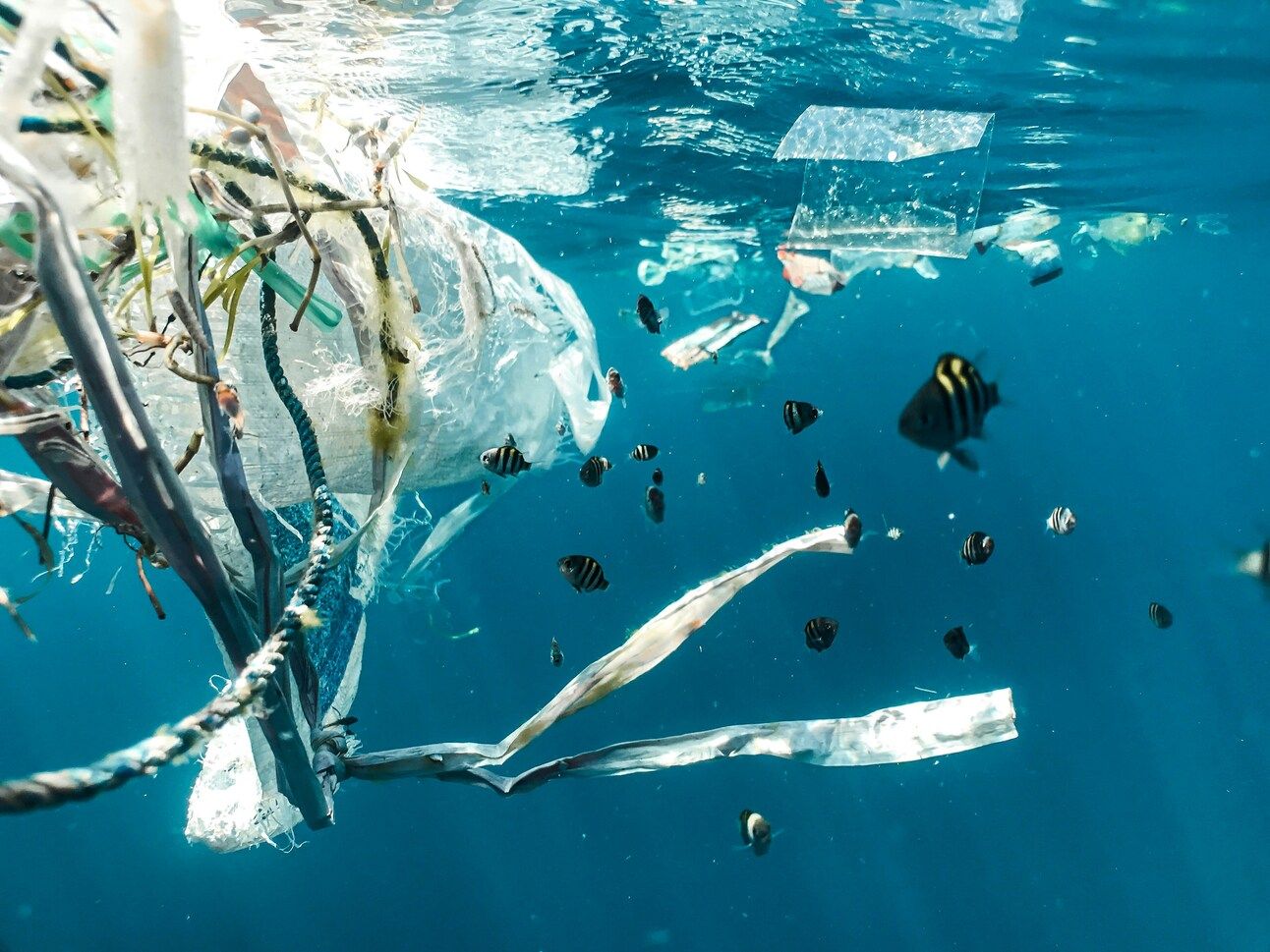- Soma Mater's Newsletter
- Posts
- Soma Mater Weekly Newsletter
Soma Mater Weekly Newsletter

Welcome to the SOMA MATER Weekly Newsletter.
At SOMA MATER, we specialize in delivering comprehensive research and advisory services with a focus on Food & Water Security and Net Zero Transition in the MENA Region. In order to support our subscribing clients in navigating these topics and understanding the regional narrative, we produce monthly Food and Water Security and Net Zero Transition Intelligence Reports, along with our in-depth analysis and insights.
This weekly newsletter highlights the top 3 stories from the past week in Food and Water Security and Net Zero transition, along with SOMA MATER's analysis and perspective.
What are the main goals of Bahrain's recently launched 'Sustainable Water' campaign?
What are the key discussions at IRENA's 28th Council meeting in preparation for COP29?
What are the key features of Saudi Arabia's new environmental law and how does it align with the Saudi Green Initiative?
Sustainably yours,
The SOMA team
Bahrain Makes a Splash: New Water Campaign
#FoodAndWaterSecurity

Bahrain's Supreme Council for Environment has launched the national campaign 'Sustainable Water' in partnership with the UN Environment Programme (UNEP). The initiative is spearheaded by the Minister of Oil and Environment and Special Envoy for Climate Affairs and aims to highlight the importance of water recycling in achieving sustainable development and preserving the nation's strategic water reserves for future generations.
Bahrain's National Water Strategy (2021-2030), launched in 2021, is part of the government's commitment to the 2023-2026 programe. The strategy emphasizes integrated water resource management, promoting efficient water use, enhancing wastewater treatment, and implementing innovative solutions to improve water consumption efficiency.
Bahrain's groundwater comes mainly from the Damman aquifer (the only natural freshwater source in the country), part of a larger system extending from central to eastern Saudi Arabia. The rate of groundwater inflow has been estimated at about 112 million m3/year. Over-extraction and seawater intrusion are severely degrading both the quality and quantity of these groundwater reserves.
SOMA’s Perspective:
Bahrain’s water consumption per capita stood at 163.75 liters a day in 2023, significantly lower than the GCC region’s average per capita water consumption of around 550 liters a day in the same year. Nonetheless, with Bahrain’s population expected to reach 2.128 million in 2030 and the over-extraction of the Damman aquifer, initiatives like these and others like it in the region demonstrate the urgency for sustainable water management practices in the GCC.
Sources:
https://www.grc.net/single-commentary/196#:~:text=Surface Water and Groundwater&text=The annual renewable surface water,as shown in Table 3.
International Renewable Energy Agency (IRENA): Will We Triple Our Efforts or Double Our Trouble?
#NetZero

The International Renewable Energy Agency (IRENA) convened its 28th Council meeting in Abu Dhabi on October 24th, ahead of COP29. The gathering was the last before the upcoming climate conference, focused on pressing issues related to the global energy transition. Key topics included progress towards tripling renewable energy capacity and doubling energy efficiency by 2030.
A recent IRENA report, titled "Delivering on the UAE Consensus: Tracking Progress Toward Tripling Renewable Energy Capacity and Doubling Energy Efficiency by 2030," indicated that current national plans are projected to deliver only half of the required growth in renewable power by 2030 necessary to limit global temperature rise to 1.5°C. This underscores the urgency of the situation, with the risk of missing the critical 1.5°C target becoming increasingly imminent.
The IRENA Council meeting emphasized the need for heightened ambition as we approach COP29. The upcoming third round of Nationally Determined Contributions (NDCs) is seen as a crucial opportunity to bridge the gap towards 2030 climate targets. Over the course of the two-day meeting, IRENA members will deliberate on the implementation of the agency's work program and budget, aiming to accelerate the global energy transition and address the pressing climate crisis.
SOMA’s Perspective:
As countries inch closer to their set goals, there is a sense of urgency to bridge remaining gaps and deliver tangible results. There is critical need for action. As we approach COP29, where nations will be expected to showcase progress, it is expected that commitments will be raised by many countries in the region. The challenge globally remains, how fast can we go from raised commitments to delivered targets.
Source:
Green Up or Pay Up: Saudi Arabia's New Environmental Fines
#NetZero

The Kingdom of Saudi Arabia introduced a new system with stringent penalties for environmental crimes. It includes fines ranging from SR1 million to SR30 million for offences that cause damage to water resources, such as pollution from chemicals or waste. This new law applies to both individuals and companies and includes imprisonment of up to 10 years for serious violations.
This new law represents the latest step in Saudi Arabia's ongoing commitment to environmental preservation and stewardship under the Saudi Green Initiative (SGI). Launched in 2021, this initiative focuses on combating climate change, improving quality of life, and protecting the environment. As part of this initiative, Saudi Arabia aims to protect 30% of the Kingdom’s land and sea by 2030. According to the SGI website, 18.1% of land and 6.49% of the Kingdom’s marine environments are currently under protection.
Some of its most recent achievements include rehabilitating 111,000 hectares of degraded land and protecting 4.3 million hectares. One of the SGI's initiatives includes the goal to plant 100 million native trees, including 7 million in national parks and forests. This aims to offset approximately 45 million tons of CO2 emissions by 2030 while combating desertification and enhancing native biodiversity. As of today, more than 95 million trees have been planted across Saudi Arabia since the launch of SGI.
SOMA's Perspective:
This announcement, coupled with ambitious initiatives like the Saudi Green Initiative, represent Saudi Arabia’s aim to establish itself as an emerging leader in regional sustainability efforts. However, the effectiveness of these measures will ultimately depend on consistent enforcement and the long-term environmental impacts of these major projects.
Source:
SOMA MATER is writing Intelligence Reports on the topics of Food and Water Security and Net Zero Transition. If you’d like to know more, contact us through the link below: